
〔 This Year 〕
| Title | Recommend | Notes | Link |
|---|---|---|---|
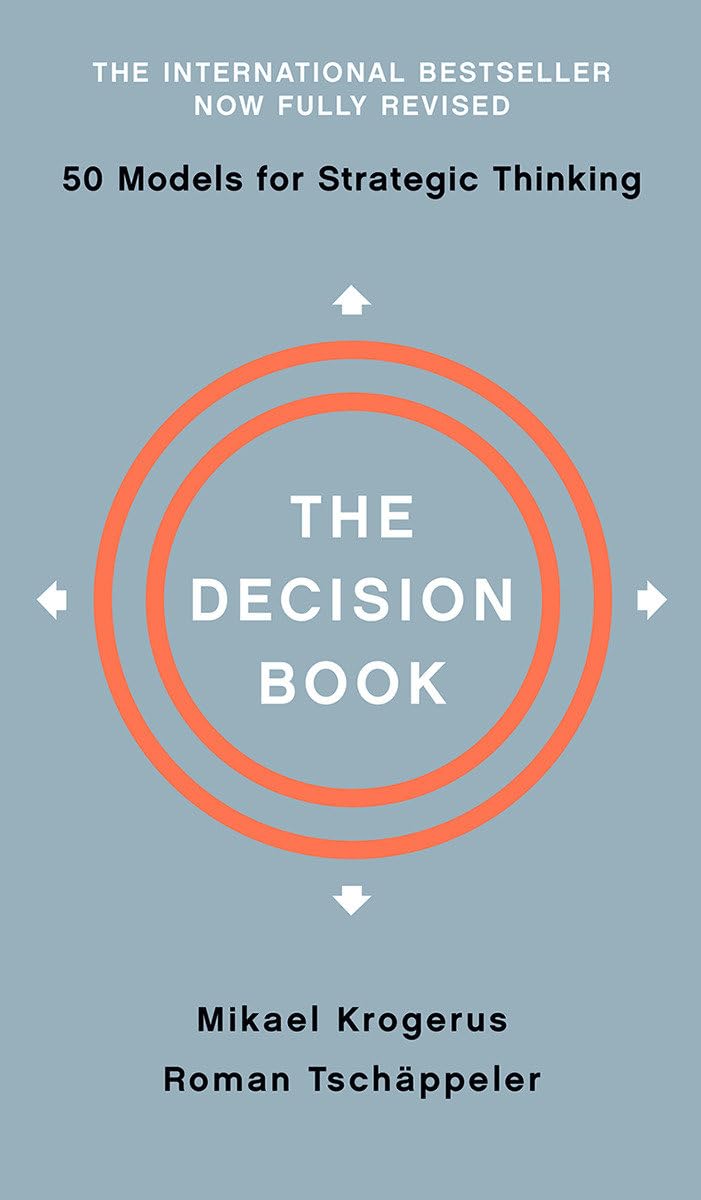
|
Kinda, Sorta | I'm working on it... | Get it |
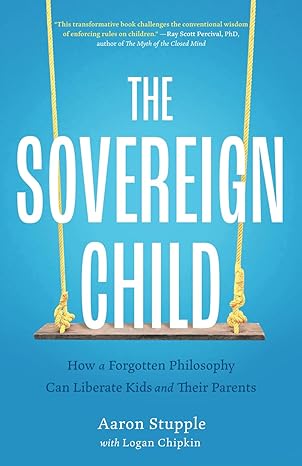
|
Highly (Parents) | I'm working on it... | Get it |
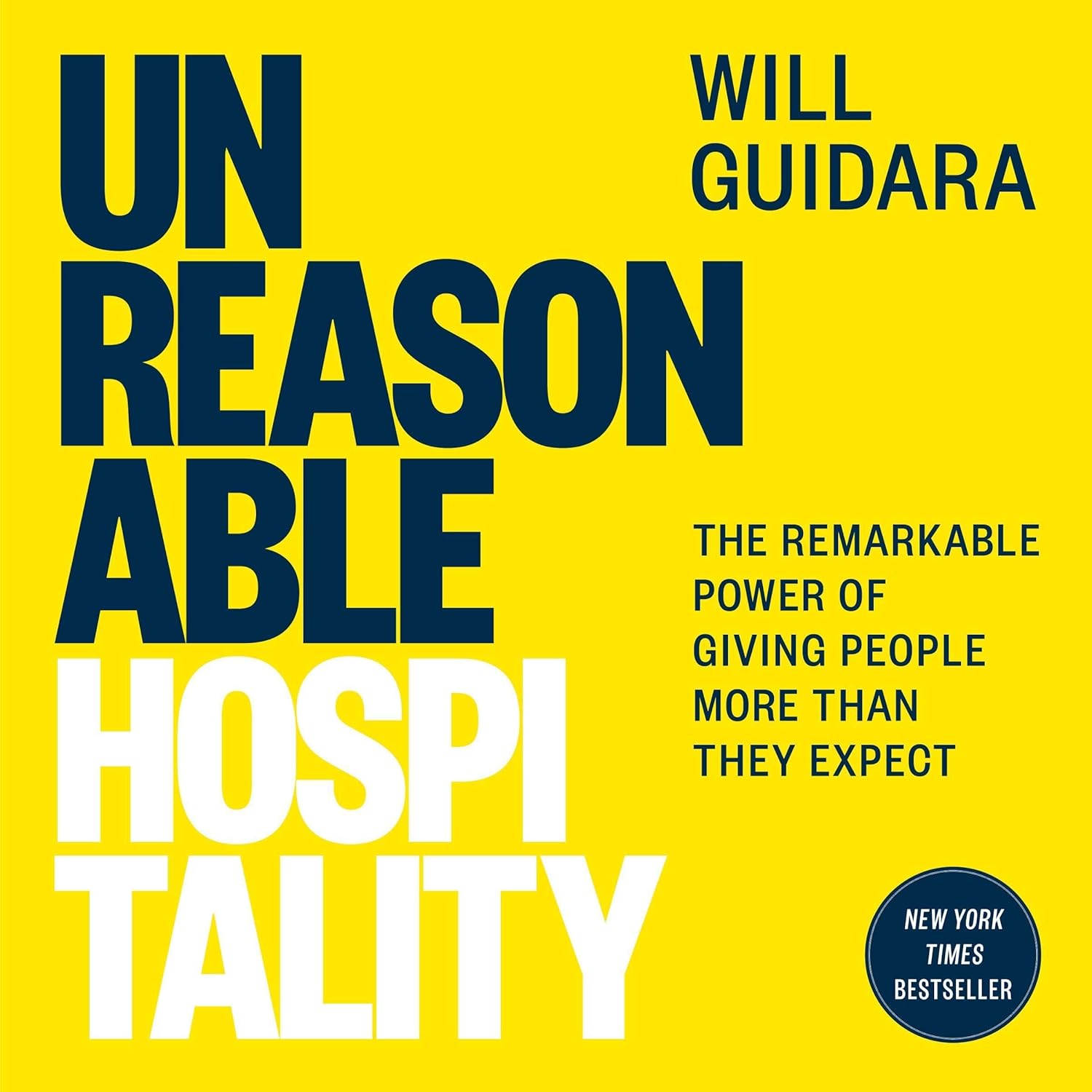
|
Highly (Parents) | I'm working on it... | Get it |
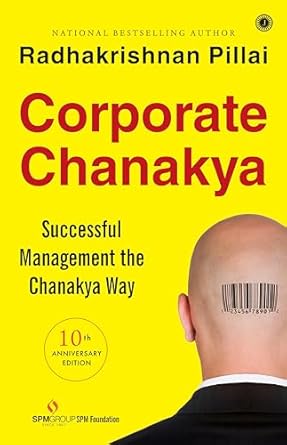
|
TBD | Still reading... | Get it |
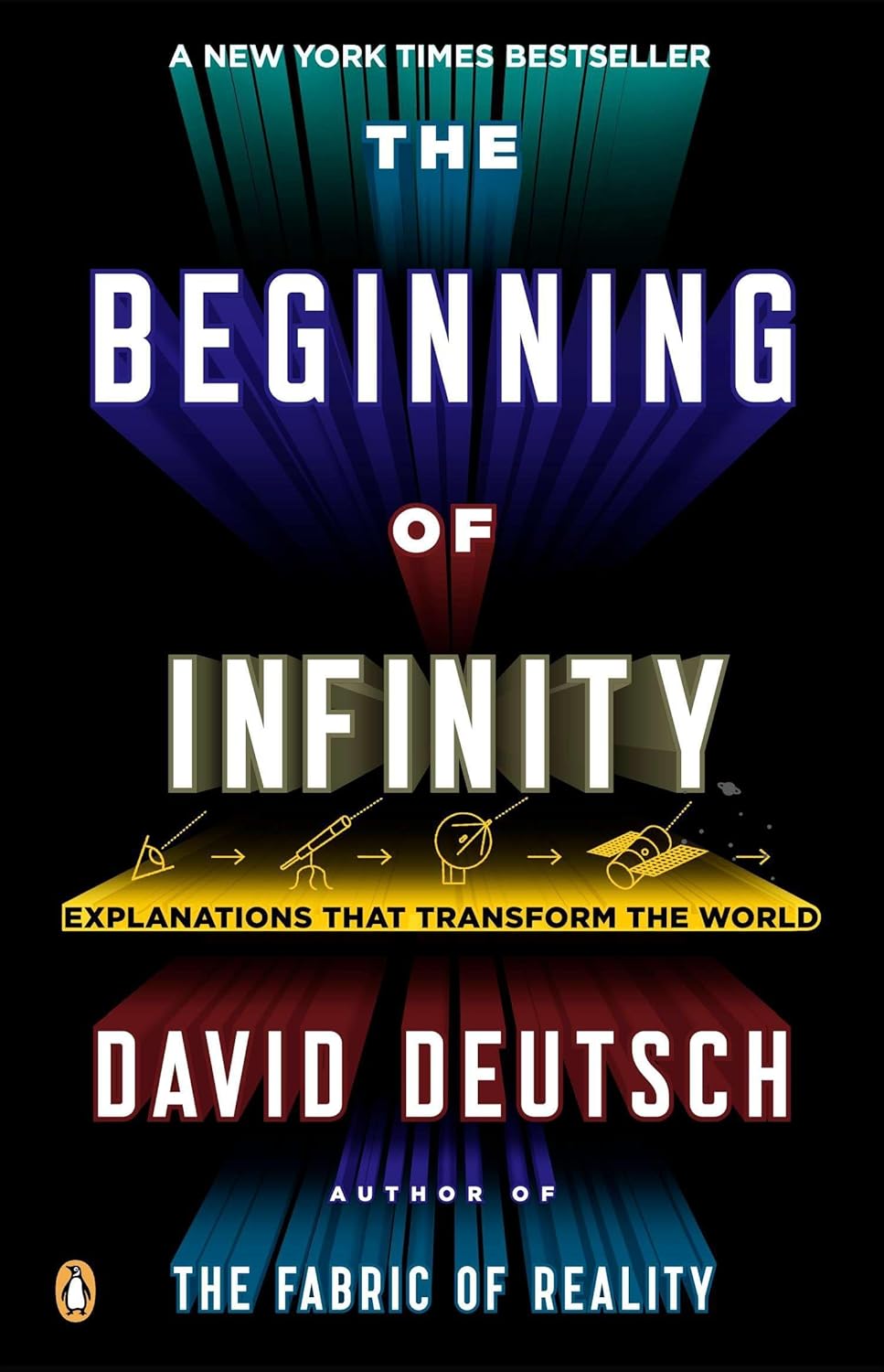
|
TBD | On the shelf | Get it |
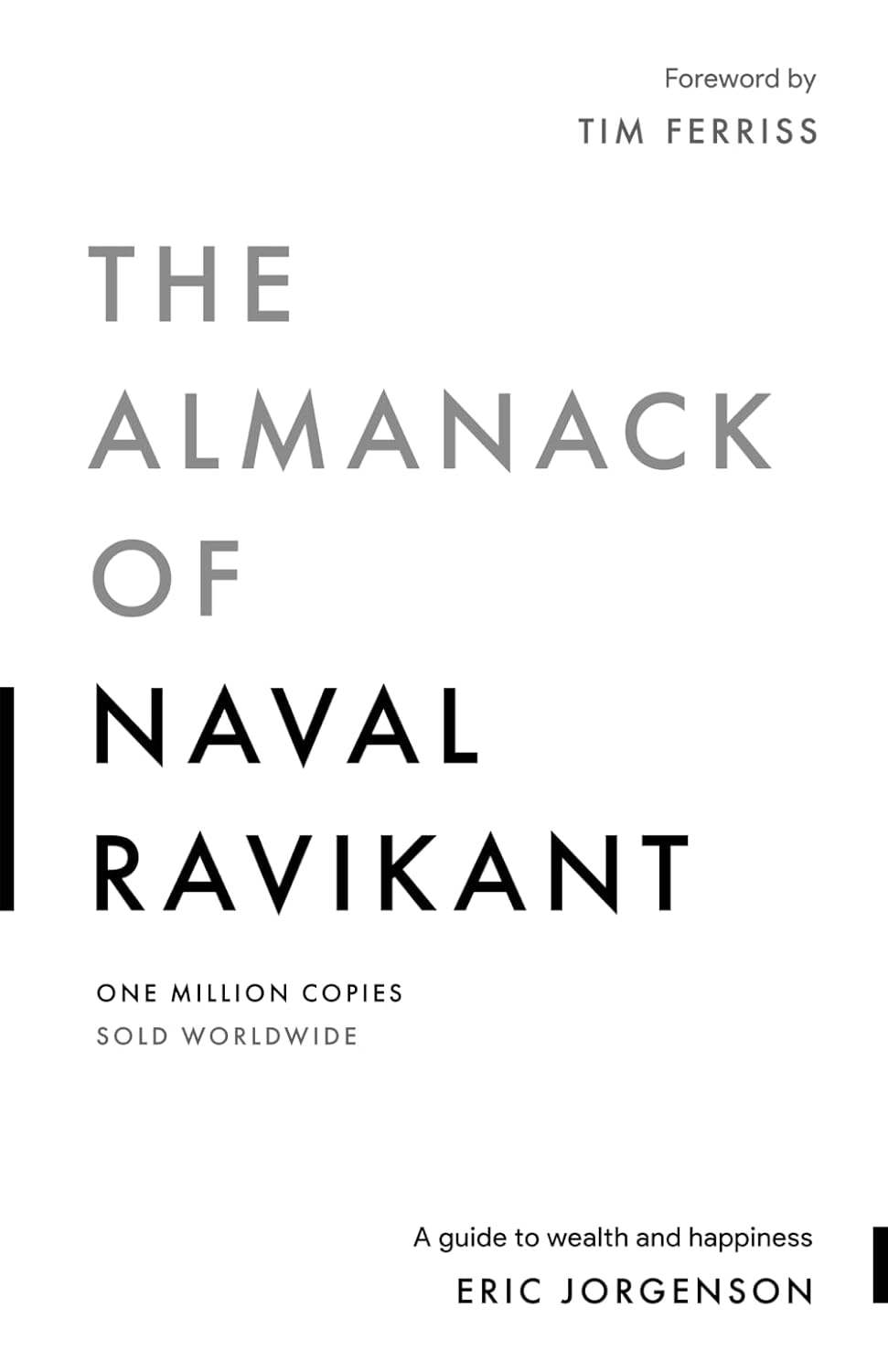
|
TBD | On the shelf | Get it |
〔 Past Years 〕
| Title | Recommend | Notes | Link |
|---|---|---|---|
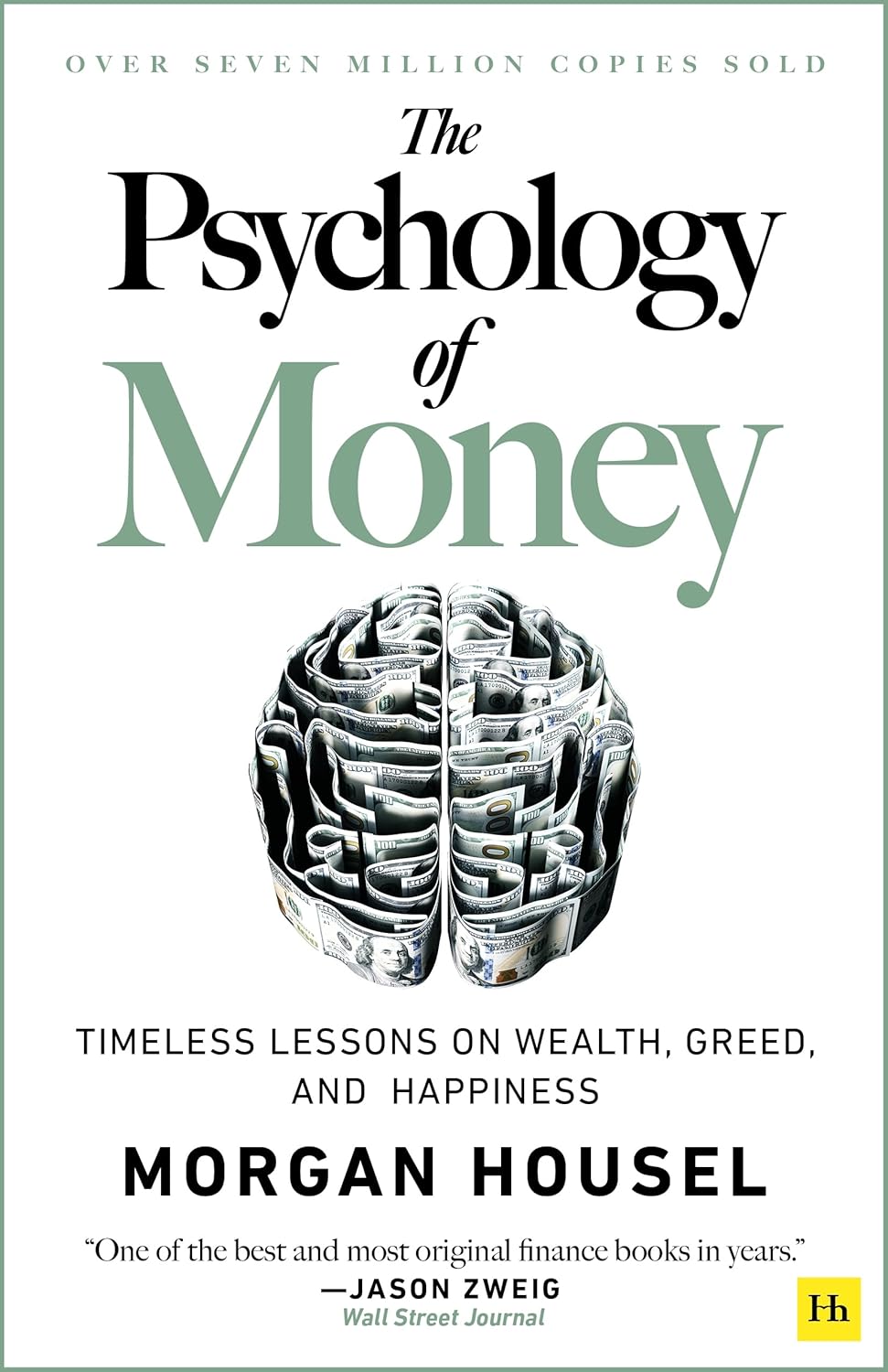
|
Highly!!! | Branding Morgan Housel's "The Psychology of Money" as thought provoking or financial guide would be an understatement. It is like a warm, insightful chat about how our emotions and beliefs i.e. behavioral economics really drive our financial decisions, often more than spreadsheets and formulas. The engaging stories and relatable examples to illustrate key concepts like the power of compounding, the importance of long-term thinking, and the counterintuitive idea that being "reasonable" is often more effective than striving to be perfectly rational with money was a must to get the point across and a major reason why it resonated so much with me and others I've since shared this book with. It’s a breath of fresh air compared to advices I've received from financial pundits including friends and family. I was initially put off by the book not offering specific, actionable investment strategies or detailed financial planning advice but later realized that a mindset change and a framework is super valuable than a specific strategy/advice. If you are expecting a "how-to" in this book then you'll be disappointed. Personal notes from this book:
Overall, this book goes in my "List of books to read repeatedly" shelf for its refreshing perspective on building wealth and finding financial peace by understanding our own psychological quirks. |
Get it |
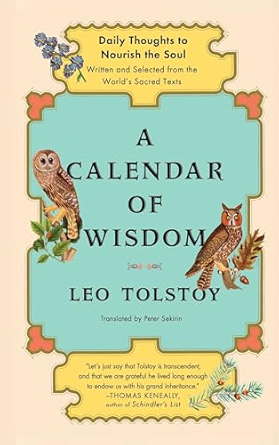
|
For Sure | Coming soon... | Get it |
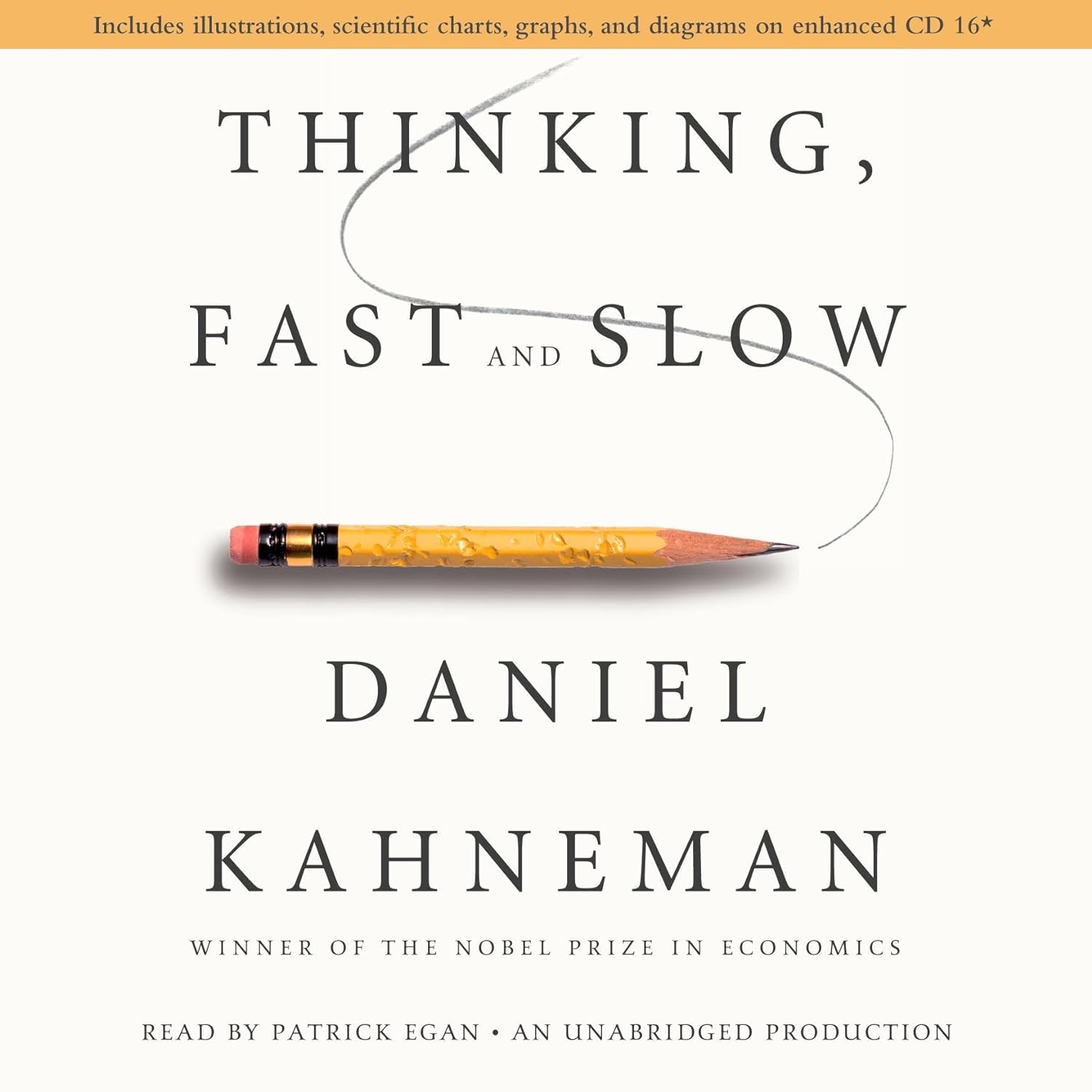
|
Highly | Alright, be patient... | Get it |
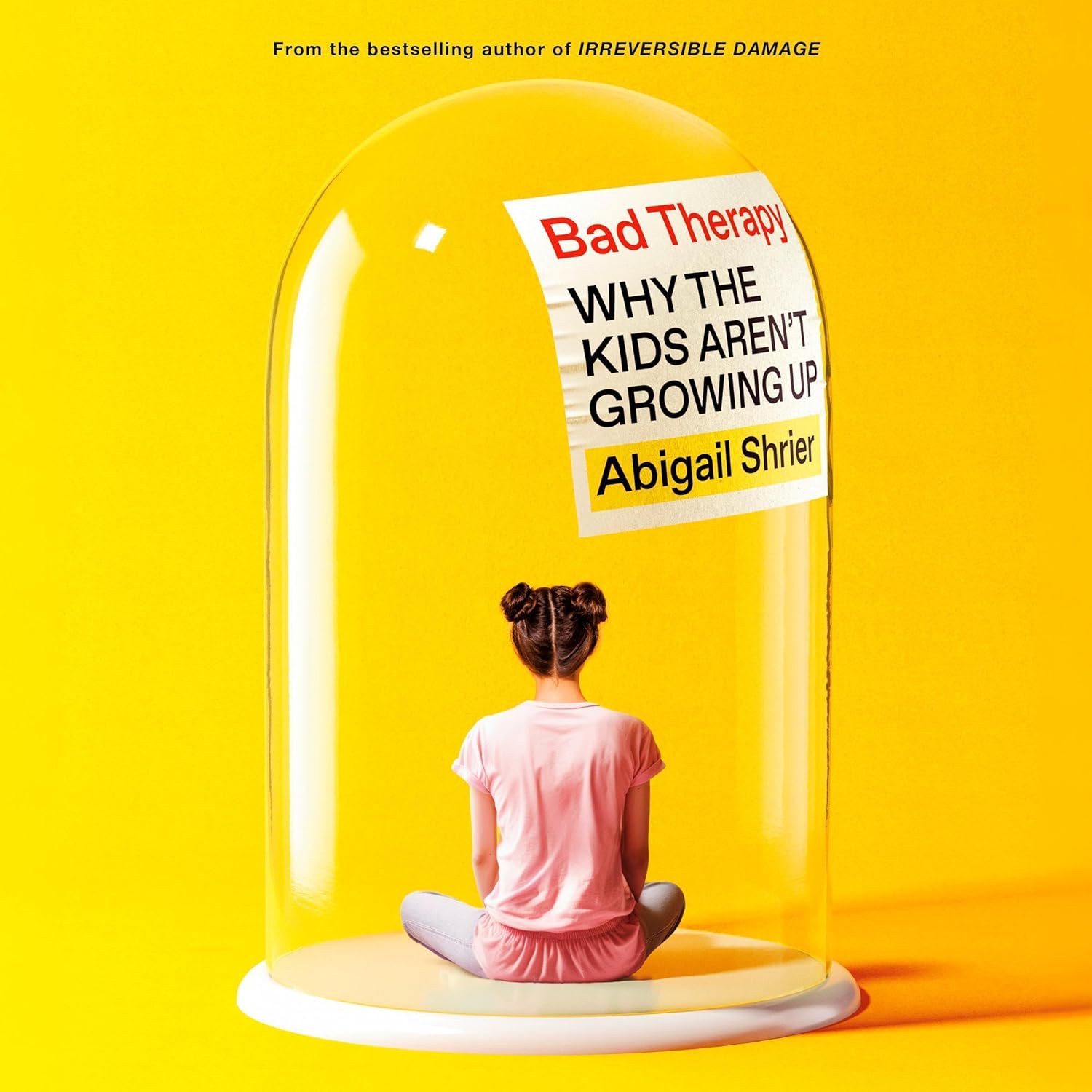
|
Highly (Parents) | I have them somewhere... | Get it |
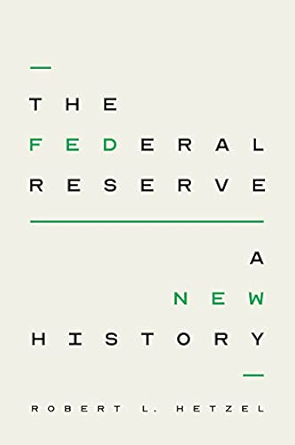
|
No | No notes | Get it |
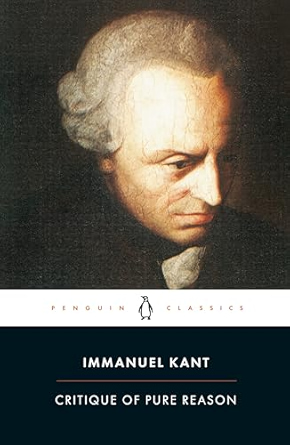
|
Yes | Critique of Pure Reason published in 1781 is a total mind-bender, but in a fascinating way. Basically, the author Immanuel Kant is trying to figure out what we can truly know and how our minds shape our experience of the world. I often got hooked by his revolutionary idea that our understanding isn't just passively receiving information; instead, our brains actively organize and structure everything we perceive. It's like our minds come with built-in filters and categories… I’m sure you have heard this somewhere! The terminology and complex arguments Kant uses were pretty tough to digest, and the sheer length of the book was daunting. I couldn’t read it cover to cover but I’m confident the payoff will be a profound new perspective on knowledge, reality, and the limits of human reason which I why I highly recommend this book! | Get it |
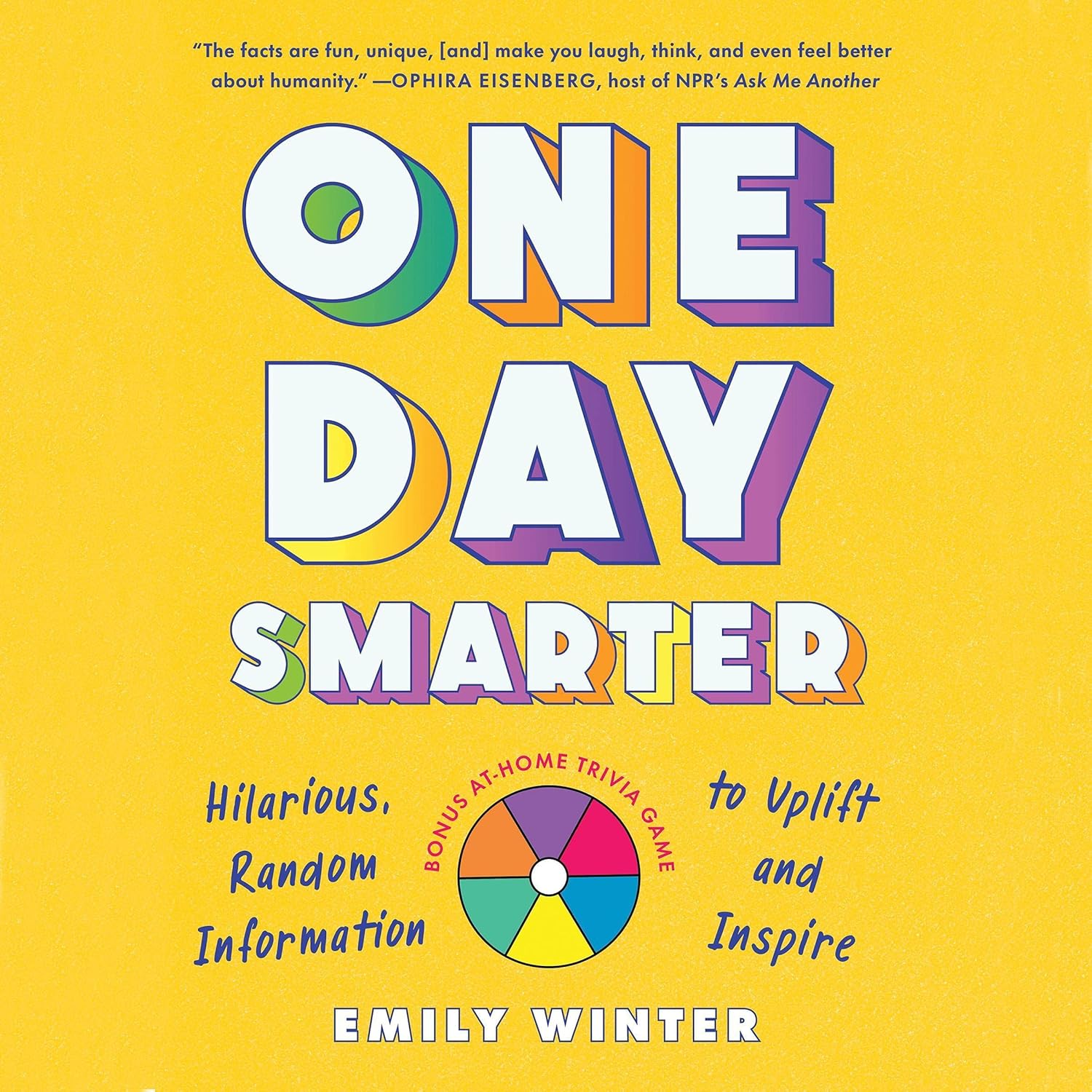
|
Eh | One Day Smarter is a delightful, trivia-packed book filled with quirky and uplifting facts designed to spark joy. The author being a comedian beautifully blends humor with fascinating tidbits. It’s like a "treasure trove of trivia". However, occasionally I found facts to be too random or niche and was wishing for a bit more depth in certain topics. Overall, it’s a charming, light read for trivia buffs and anyone seeking a fun, feel-good knowledge boost. | Get it |
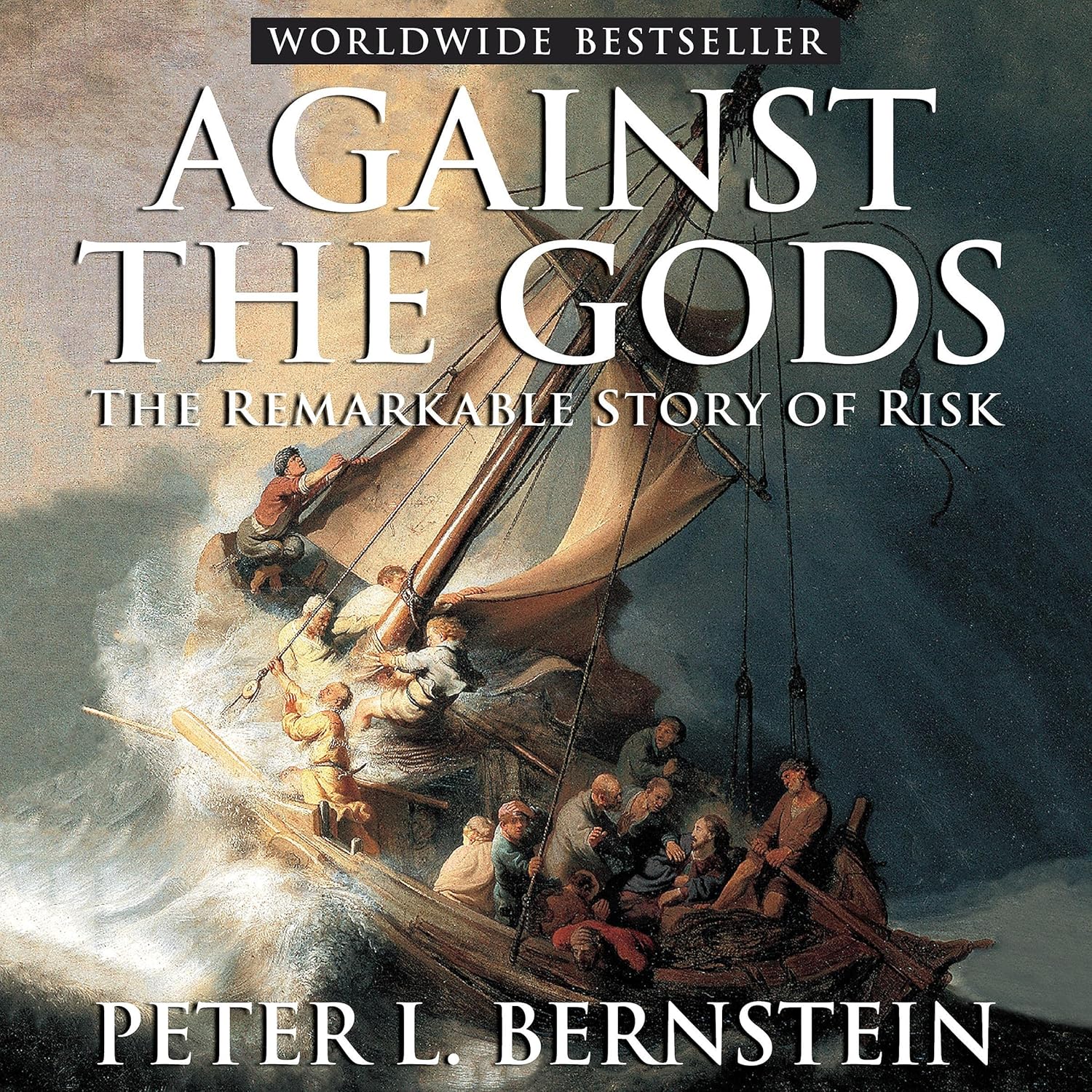
|
No | No notes | Get it |
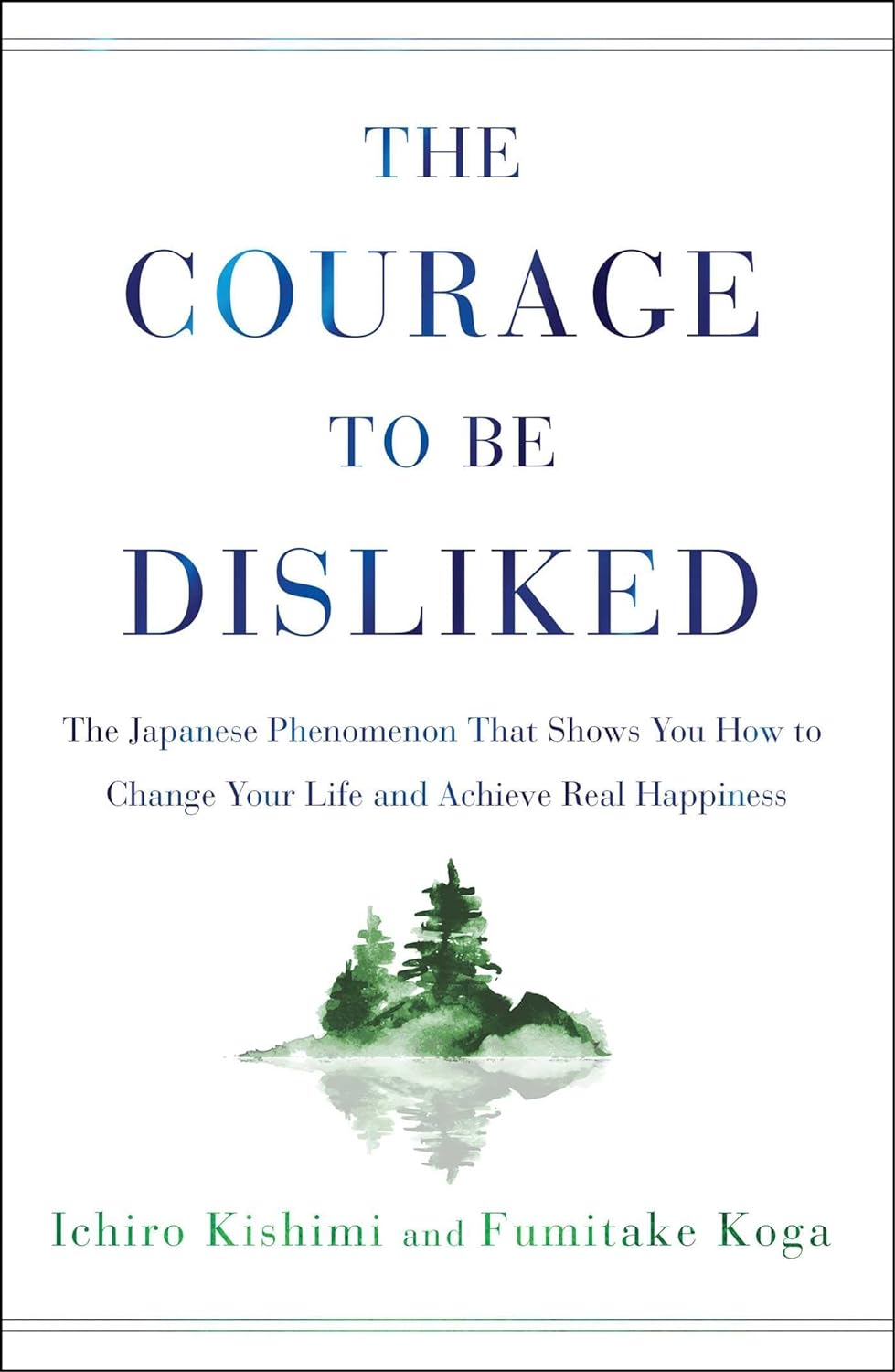
|
Kinda, Sorta | No notes | Get it |
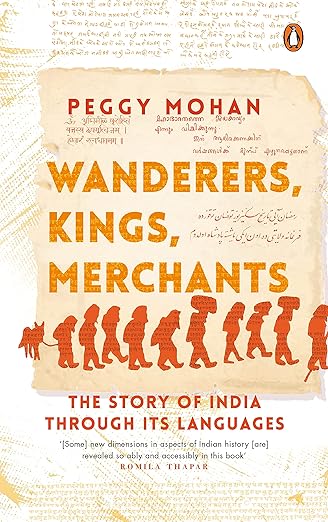
|
Kinda, Sorta | No notes | Get it |
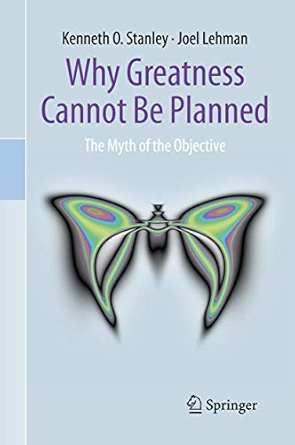
|
Yes | Finding them in the archives... | Get it |
